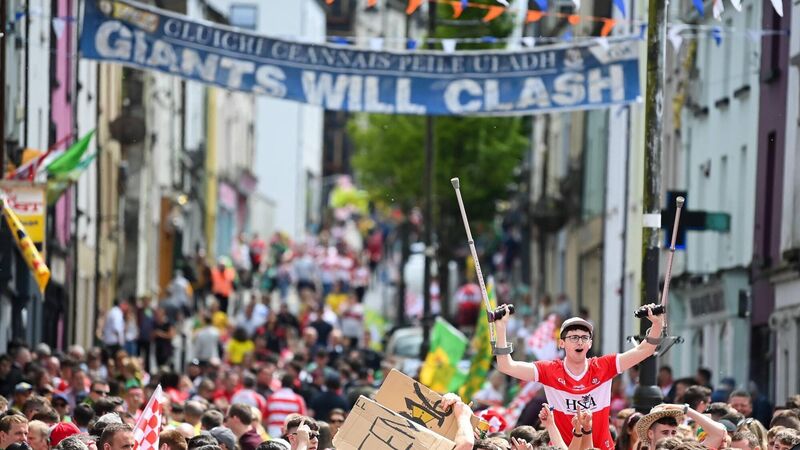Tommy Martin: The Ulster championship is Gaelic football’s great constitutional dilemma

For this week’s proof of how things are different Up There we have the curious case of the Queen’s biscuits.
An outraged reported that Her Majesty’s subjects in Northern Ireland who wished to celebrate the Platinum Jubilee by scoffing from specially produced souvenir tins of Walker’s Shortbread would not be able to do so thanks to red tape caused by the pesky Northern Ireland protocol.









